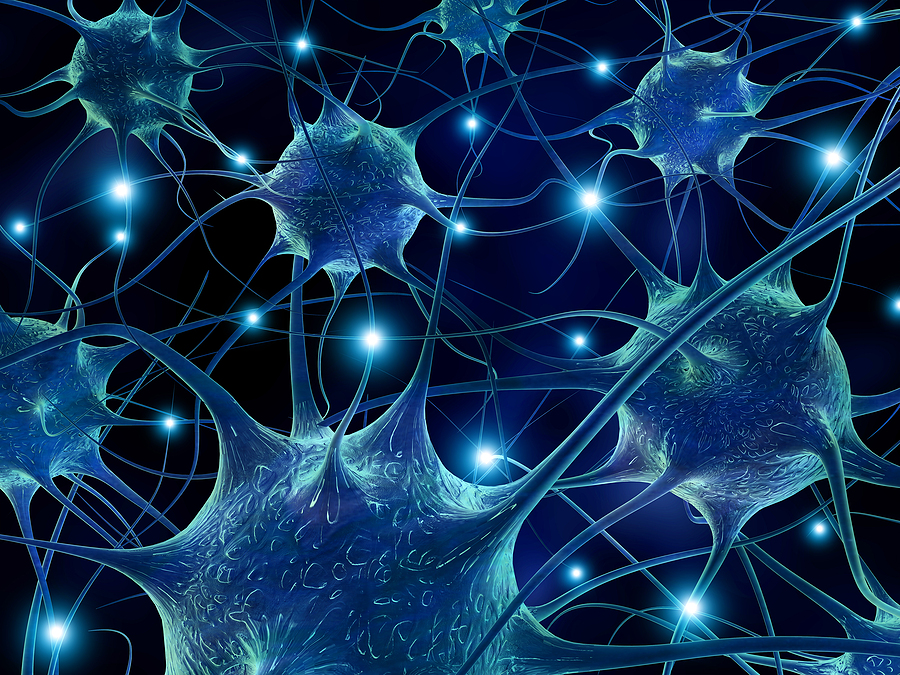
Harnessing Autophagy for Neuropathy Relief: Dietary Strategies to Boost Cellular Renewal
Neuropathy, a condition marked by nerve damage that can lead to pain, weakness, and numbness, poses a significant challenge for many. However, emerging research highlights a powerful, innate process within our bodies that can offer hope: autophagy. This cellular mechanism, often described as the body’s way of activating the body’s self-cleaning process, plays a critical role in maintaining health and combating disease. But how exactly does autophagy contribute to nerve renewal, and more importantly, how can we harness it through our diet?
Diet-Induced Autophagy: The Path to Nerve Healing
Autophagy, a biological process where cells degrade and recycle their components, is akin to a cellular detox. It removes damaged organelles and proteins, making it essential for cell health and longevity. For those suffering from neuropathy, the role of autophagy in cellular health and longevity becomes particularly relevant. By clearing out damaged components, autophagy can prevent the degeneration of neurons and support nerve repair.
From Cellular Cleanup to Nerve Regeneration: Autophagy’s Journey
The journey from cellular cleanup to nerve regeneration through autophagy is fascinating. It highlights the body’s ability to heal itself, particularly when supported by the right dietary choices. The impact of fasting on cellular repair and nerve function is a testament to the power of dietary intervention. Intermittent fasting and caloric restriction have been shown to stimulate autophagy, offering a dietary pathway to enhance this natural process.
Eating to Activate Autophagy: Foods That Fuel Cell Renewal
To support autophagy through diet, incorporating foods known to boost nerve repair through dietary autophagy induction is crucial. A diet rich in polyphenols, found in berries, nuts, and green tea, along with sulfur-rich vegetables like broccoli and Brussels sprouts, can promote autophagy. Moreover, adopting a ketogenic diet or practicing intermittent fasting can further enhance this cellular renewal process, offering new avenues for managing neuropathy.
By understanding the science of self-eating cells: Autophagy explained, we can appreciate the significance of diet in regulating this process. Through Diet-induced autophagy: The path to nerve healing, individuals suffering from neuropathy have a proactive way to potentially mitigate symptoms and improve nerve function. By adopting dietary strategies that promote autophagy, it’s possible to leverage this natural mechanism for better health and neuropathy relief.
References
Levine, B., & Kroemer, G. (2019). Biological Functions of Autophagy Genes: A Disease Perspective. Cell, 176(1-2), 11-42. This review provides an extensive overview of the role of autophagy in health and disease.
Mizushima, N., & Komatsu, M. (2011). Autophagy: Renovation of Cells and Tissues. Cell, 147(4), 728-741. This paper discusses the mechanisms of autophagy and its physiological significance.
Choi, A.M., Ryter, S.W., & Levine, B. (2013). Autophagy in Human Health and Disease. New England Journal of Medicine, 368, 651-662. This article reviews the implications of autophagy in various diseases and its potential as a therapeutic target.
